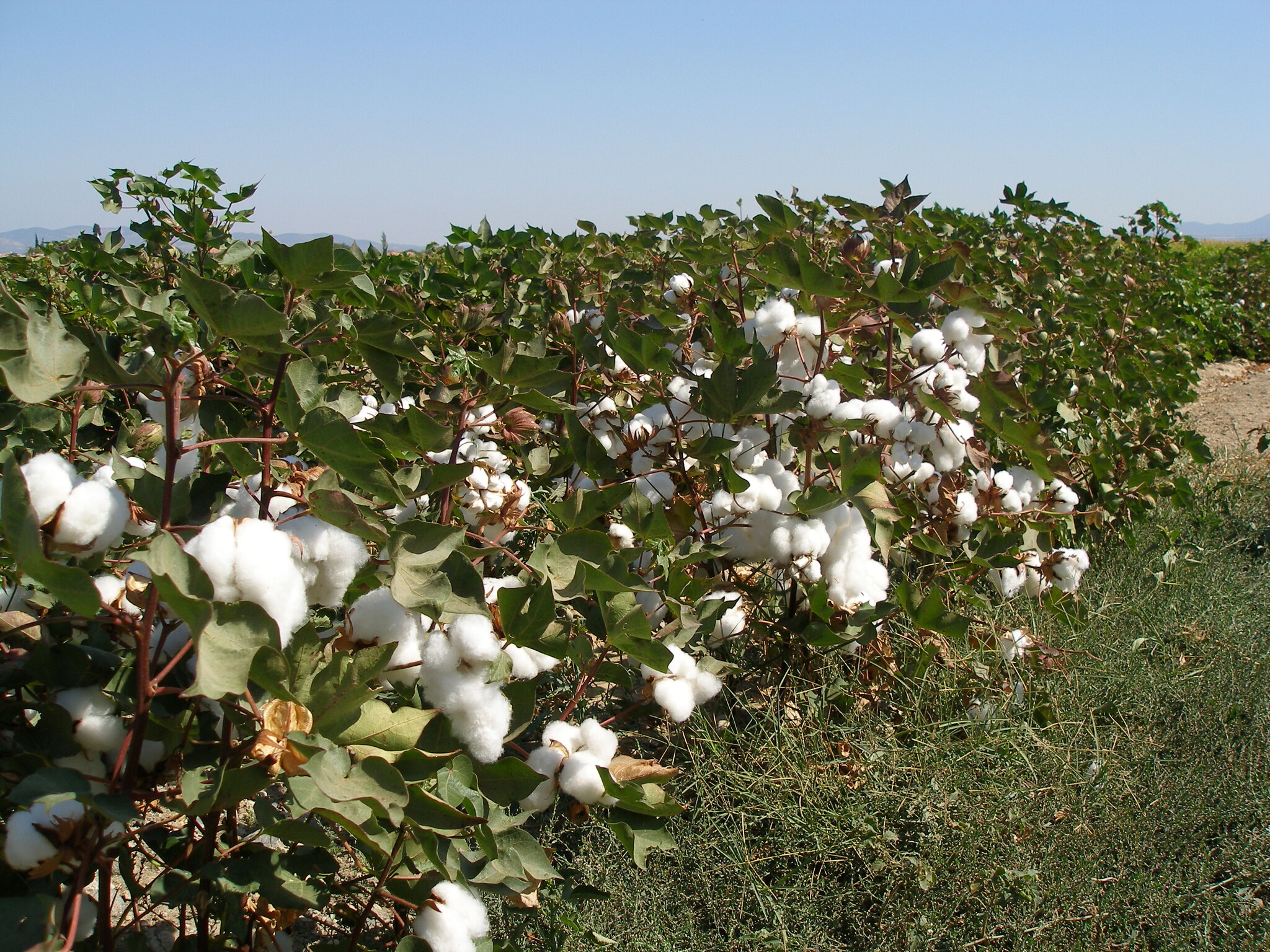The Process of Organic Cotton Farming
Growing organic cotton requires additional measures, checks, and paperwork compared to conventional cotton cultivation. The process follows strict ecological and social guidelines to ensure that the cotton is genuinely organic.
To give you an idea of how organic cotton farming works and what farmers need to pay attention to, here are the key steps:
- Seed Selection
-
- Non-GMO: Organic cotton is grown from non-genetically modified seeds.
- No seed coating: Seeds are not treated with synthetic pesticides or fungicides.
- Soil Preparation and Sowing
-
- Crop rotation: To maintain soil fertility, crop rotation is practised (e.g., alternating cotton with legumes).
- Soil enrichment: Farmers use compost, natural manure (such as cow dung), and green manure to keep the soil healthy.
- Sowing: This is done manually or with simple machinery, depending on the region and the farmer’s resources.
- Crop Care
-
- No synthetic pesticides or fertilisers: Instead, farmers use natural alternatives such as neem oil, garlic spray, and other plant-based extracts.
- Pest control: Beneficial insects (like ladybirds) are encouraged, and repellent plants are grown to deter pests.
- Weeding: Often done by hand or with basic tools — this is labour-intensive.
- Irrigation
-
- Rain-fed: Organic cotton is usually grown using rainwater, although some regions rely on irrigation.
- Water efficiency: Organic methods often improve the soil's ability to retain moisture, reducing water usage.
- Harvesting and Processing
-
- Hand-picked: Organic cotton is typically harvested by hand, resulting in higher fibre quality and reduced contamination.
- Separation from conventional cotton: Organic cotton must be kept separate from non-organic cotton during transport and processing.
- Ginning: This is the process of separating cotton fibres from seeds, which must take place in certified facilities.
- Certification
-
- Organic cotton must be certified according to standards such as:
- GOTS (Global Organic Textile Standard)
- OCS (Organic Content Standard)
- Certification bodies ensure compliance with environmental practices and fair working conditions.
- Organic cotton must be certified according to standards such as:
- Social Aspects
-
- Many organic cotton farmers in India work in small-scale family farms.
- They are often supported by cooperatives or NGOs that offer training, access to organic seeds, and help with certification.
- Organic farming can lead to better prices for farmers, especially when operating under fair trade conditions.
To successfully follow all these steps, farmers need knowledge that is often lacking in many communities. Fortunately, cooperatives and NGOs are stepping in to support them with training and access to organic seeds and certification schemes.







